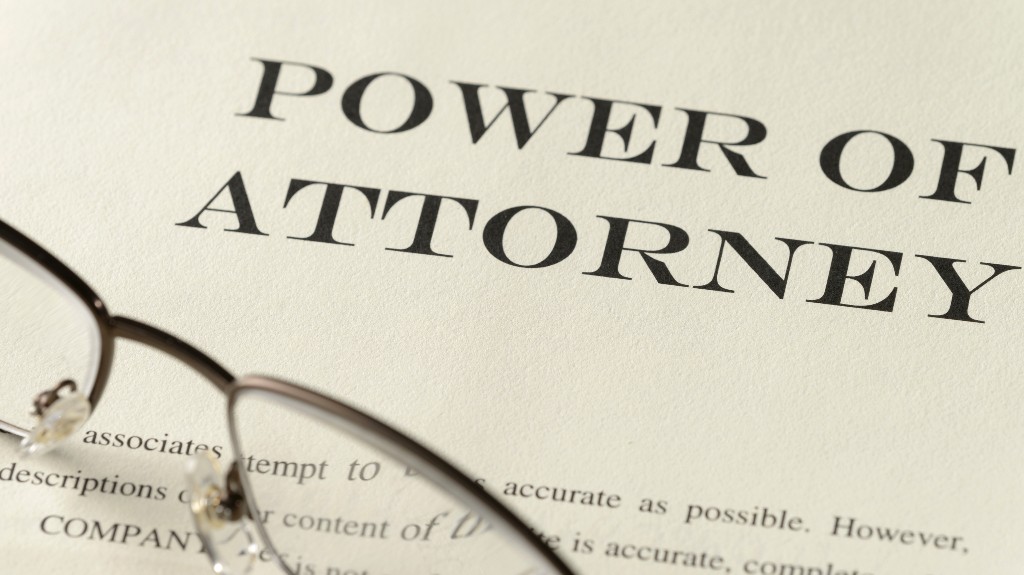Requirements for Power of Attorney

If you decide to create a power of attorney, be sure to fulfill the requirements to ensure that it is valid.
Louisiana requires steps to be taken when preparing or implementing a power of attorney or “mandate”. The requirements include:
- Mandates must be in writing. Verbal mandates are not recognized. So, you can’t just tell someone else that you want them to act as your agent over your person or over your property.
- All of the documents must be notarized. That means it must be signed in front of a notary public and two witnesses. Even copies of the power of attorney must be certified through the original document. This is required whether or not your wishes are to be executed out-of-state.
- The notary must be qualified to notarize documents in the state and parish where the mandate is executed. The witnesses must be competent (over the age of eighteen and not be interdicted). The notary cannot also serve as a witness. Also, persons named in the document (principal and agent) cannot serve as witnesses or the notary.
- It is very important that a mandate be executed in proper form to ensure that is legal and valid. Otherwise, it is not required to be recognized by third parties. In an effort to save attorney’s fees and costs, many people try to “do it yourself” in signing online powers of attorneys, forms written by the person themselves or forms provided to them by other people.
- Persons should take caution in trying to execute their own powers of attorney. There is an old saying “you get what you pay for”. Errors as to form can ultimately cost that person’s estate considerable fees and expense if the home-made mandate is not legal or unclear.
How We Can Help
Our Baton Rouge power of attorney lawyers at Losavio & DeJean, LLC are here to help guide you through the process in Louisiana.
If you have any questions, do not hesitate to contact us for a consultation .

